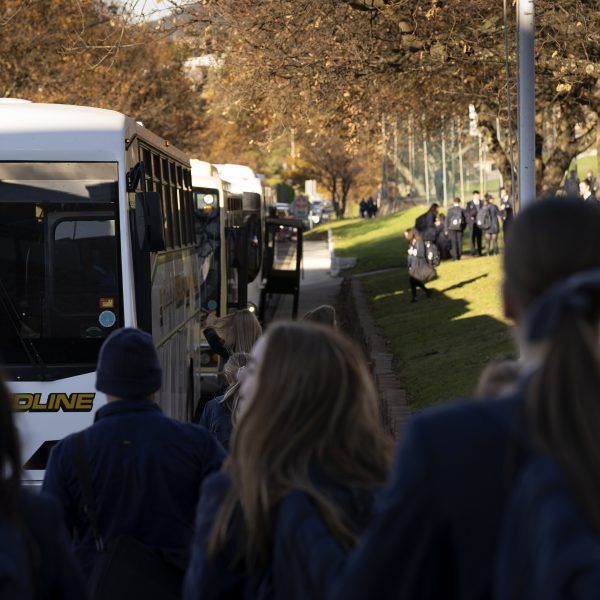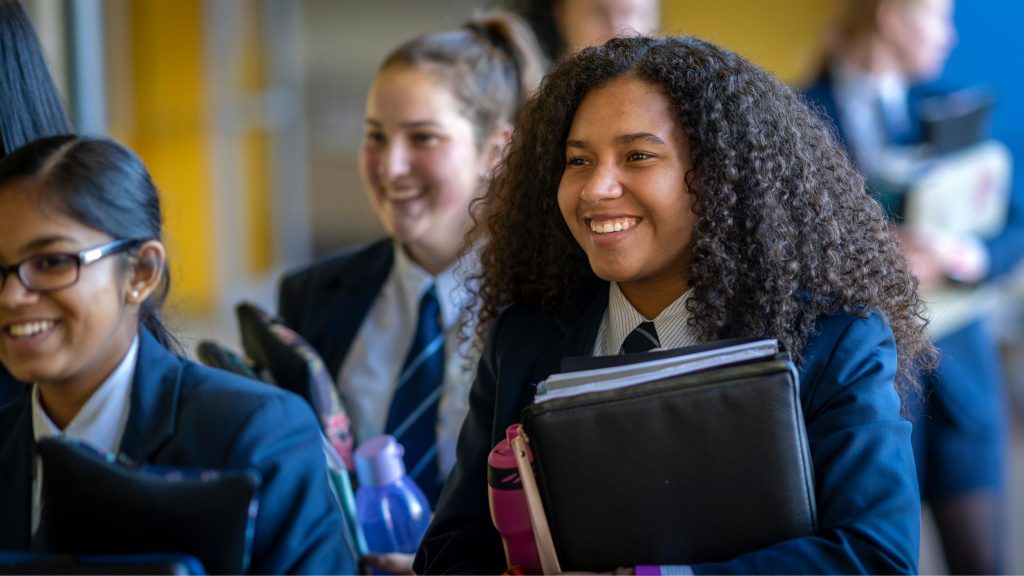A warm welcome back to all of our families continuing their journey at Marist Regional College and a very big welcome to the families joining our community in 2020. I hope that you have all had a wonderful break, filled with rest, relaxation and treasured time spent with family and friends.
The beginning of a new school year is the optimal time for establishing new routines and positive attitudes that will optimise wellbeing and learning outcomes. A balance between academic, physical and social pursuits is the ideal. With the opportunity to make the most of this ‘fresh start’, Michael Grose (Parenting Ideas Insights, 2016) proposes the following 7 strategies:
- Commit to your child going to school every day, on time.
One of the most important things you can do to ensure your child has the best future opportunities is to make sure he or she goes to school every day – and gets there on time.
- Make sure your adolescent gets enough sleep.
Many young people are sleep-deprived, which impacts on their wellbeing and their learning. A good night’s sleep consolidates learning as well as assisting future learning. Teens need a minimum of nine hours sleep each night. Help kids get sufficient sleep by encouraging a period of time before bed that is technology free. Do not allow screens and mobile phones in the bedroom.
- Help to start each day well.
A healthy breakfast and some words of encouragement from you will help set a positive tone for a day of learning.
- Establish work & study habits.
The most successful students are those who develop regular study habits. Establish a study space at home. Develop a study/homework schedule around other commitments.
- Encourage exercise.
The old saying about ‘a healthy body and a healthy mind’ is so true. Exercise releases the chemicals needed for learning and wellbeing. Health professionals recommend a minimum of 60 minutes of exercise per day for kids of all ages. If your child does not play a sport, encourage them to walk and at the very least, spend time outside with nature.
- Focus on being friendly.
Schools are very social places requiring kids to negotiate many different social situations each day. There are strong links between social success, academic success and wellbeing. Encourage kids to be open and tolerant; to be friendly and to be sensitive to others. These are all characteristics of socially successful kids.
- Develop self-help skills.
Successful students are often well organised, self-directed and self-motivated. You can foster organisational skills and self-direction by expecting independent organisation in their everyday lives. Such skills as making lunches, packing school bags, and organising after school schedules are great for promoting independence that will transfer to other areas outside of the home.
Young people are more likely to adopt changes at the beginning of the school year, more than at any other time. Your child is starting school with a clean slate and that gives him or her the chance to begin new habits and adopt new behaviours. Make the most of this opportunity by focusing on two or three areas to begin with.
Good luck!
Mrs Kerrie Flynn
Deputy Principal Learning & Teaching



